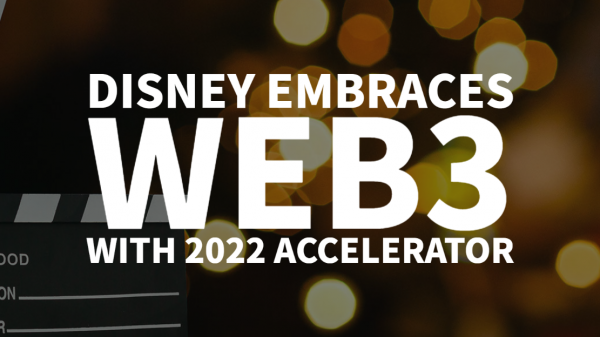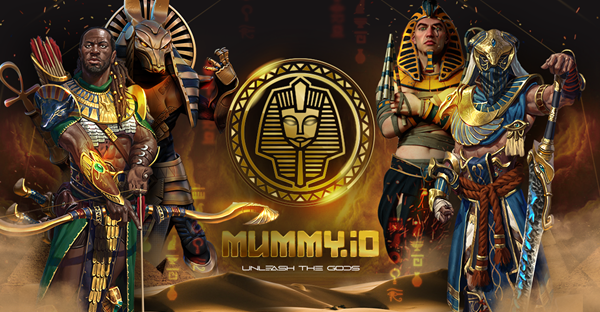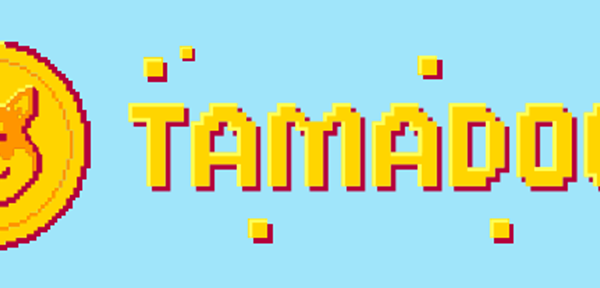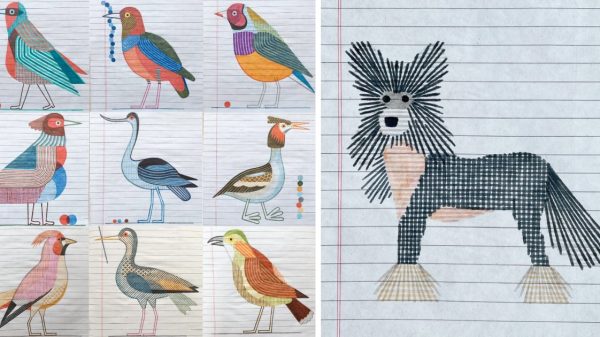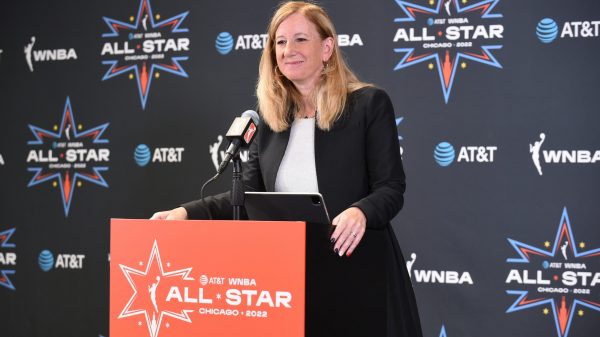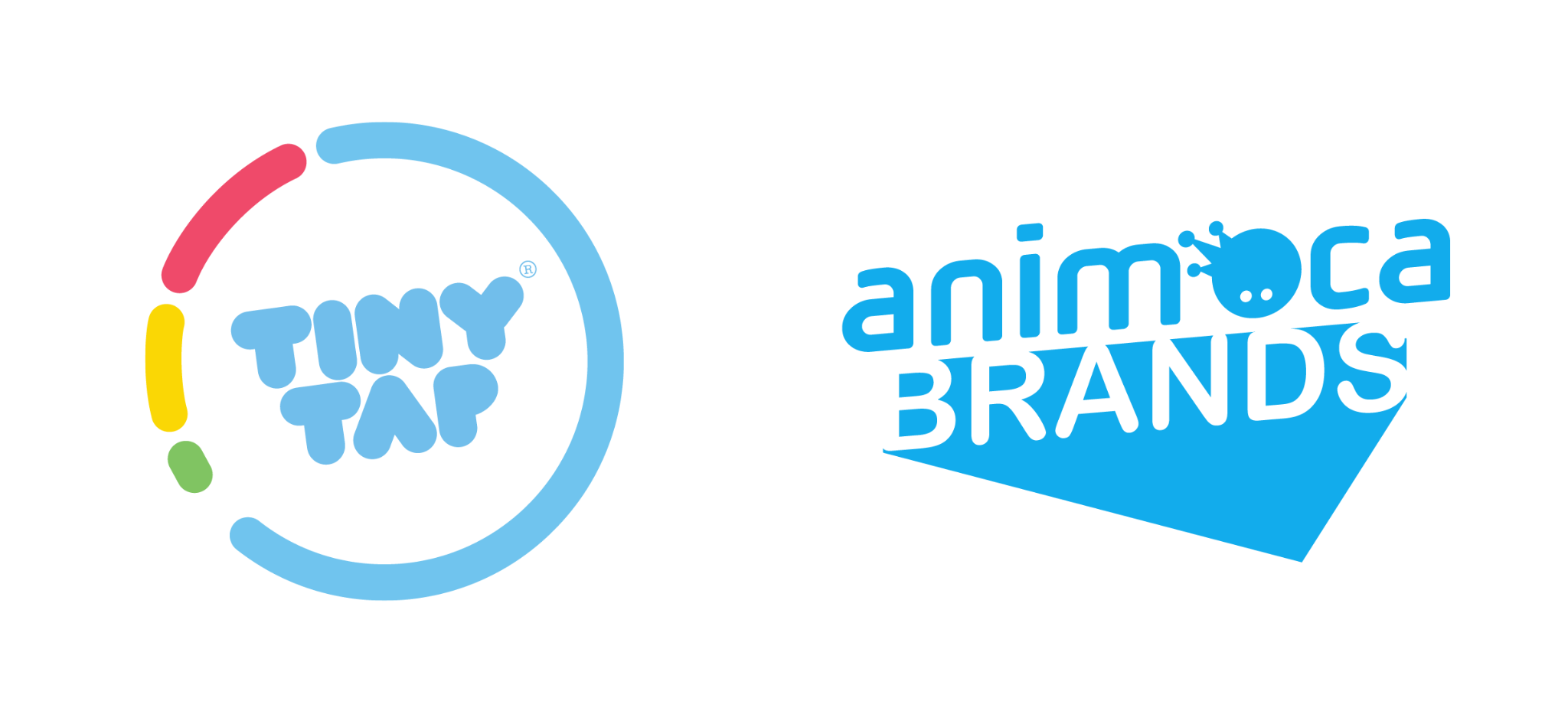Article from: NFT Culture
TinyTap is a user-generated content (UGC) educational technology company that provides a no-code platform enabling educators to create and distribute interactive educational content while earning a usage-based revenue share. Animoca Brands will leverage the acquisition of TinyTap to establish a new business segment for blockchain-based UGC educational content that will allow educators worldwide to generate their own equity.
Yat Siu, co-founder and executive chairman of Animoca Brands, commented: “Educators number among the most prolific creators and traders of content. Despite the fact that teaching is among the most important professions, educators generally struggle with funding and resources. Our goal is to mitigate some of the challenges faced by teachers everywhere. With our acquisition of TinyTap – a strong and proven leader in the field of UGC education – we will leverage blockchain to make new opportunities available to educators worldwide, allowing them to generate equity from their creations while offering parents enhanced learning opportunities for their kids.”
Yogev Shelly, CEO of TinyTap, said: “Since inception, TinyTap has worked to free educators from the limitations of traditional education systems and inadequate budgets. We empower educators to create engaging learning activities that can reach millions of kids directly and that enable them to earn based on the success of their creations. By becoming a part of Animoca Brands, we will leverage blockchain to advance this vision and build a new education system that is independent of schools and governments, and that is owned and led by educators themselves.”
Background and business model of TinyTap
TinyTap was founded in 2012 and currently employs 30 staff. The company has raised US$13 million from investors including Aleph Venture Capital, Inimiti, Reinvent VC, Omega Group Enterprises Ltd., Radiant Ventures HK, including Animoca Brands and others.
TinyTap provides a code-free platform that empowers educators to create and share interactive educational content and to receive a revenue share when that content is used by learners. Creators can create TinyTap content and activities on iPad or the TinyTap website. TinyTap is available on iOS, Android and web platforms.
Parents and teachers use TinyTap to enable the children of more than 8.2 million families registered on TinyTap to learn from more than 200,000 interactive lessons and educational games created by publishers such as Oxford University Press, The Learning Company, and Sesame Street, in addition to more than 100,000 other publishers and independent contributors on the platform. TinyTap content is currently aimed primarily at young learners from pre-kindergarten to grade 6, and the company is working on expanding its offering to learners of all ages.
Educators on TinyTap enjoy free access to the creation platform and all its content, which they can use in their classrooms free of charge. TinyTap generates revenue through a paid subscription model for families and students who use the TinyTap app to play and learn at home. It also provides a freemium service tier that offers limited daily access to content.
TinyTap offers educators an alternative channel to generate revenue. Whenever a family purchases or renews a TinyTap subscription, the subscription profit (which is the subscription revenue minus customer acquisition cost) thus generated is allocated to be shared with content creators. The amounts earned by individual content creators are determined by the engagement generated by their content.
TinyTap has generated revenues of US$17.6 million from 2019 through 30 April 2022. The iOS version is one of the top 10 grossing kids’ apps in the US App Store.
During the COVID-19 global crisis, TinyTap established itself as a pandemic-resistant remote learning option. Starting around March 2020, when the COVID-19 outbreak severely impacted the operations of schools around the world, the demand for TinyTap’s service increased considerably.
Strategic rationale for the acquisition
In education, active learning requires students to interact with information and participate in the process, whereas passive learning requires students to internalize information provided by a source, such as an instructor or textbook. Active learning activates higher-order thinking and is much more intellectually stimulating and engaging.
Today, creators who focus on educational content typically do so based on the passive learning approach, producing static materials such as worksheets or low-interactivity media such as videos. Creators who publish their videos on platforms such as YouTube are usually poorly rewarded owing to the nature of ad-based business models, which require a very large number of video views in order to generate significant revenue.
Although the educational landscape is still dominated by passive learning, TinyTap’s success with UGC interactive educational content over the past decade indicates that parents have a strong demand for a virtual home learning environment for their children that is active, safe, and of high quality, with contributions from experienced teachers and educational experts.
Most countries around the world tend to undervalue the profession of teaching, even though educators are entrusted with the extremely important task to shape the minds, the opportunities, and the very future of children. Teachers in many societies face constant resource shortages and employment terms that do not adequately attract or retain talent.
Animoca Brands will leverage TinyTap to establish a new blockchain-based business segment that will empower educators worldwide by providing them with access to new opportunities and the means to generate their own equity, expanding the earning options already presented by TinyTap in its current form.
Blockchain presents considerable opportunities to the business of TinyTap. A few examples follow.
Independent: most educational programs are managed by governments and companies, sometimes leading to problems such as conflicts of interest or inadequate standards. The decentralization of control permits users on a blockchain to operate independently, creating, curating, requesting, and consuming the educational content that matters to them.
Digital property rights: by tokenizing digital content (such as an educational game) into non-fungible tokens (NFTs), content can be truly owned and controlled by its creator instead of being provided under a temporary licensing basis. Content owners are able to sell or rent the content as they please.
Permanent and transparent learning record: the immutable record provided by blockchain means that certificates, qualifications, or diplomas issued as crypto tokens are easily verifiable and trustworthy. The ownership, authenticity, and provenance of any token are clear.
Platform-agnostic and user-owned: blockchain assets in the possession of users exist independently of TinyTap or any other operator. Additionally, assets on blockchain have the potential to be interoperable, opening up opportunities for collaborations with other companies and allowing creators to provide their content on different platforms.
Funding: tokenization unlocks earning opportunities and incentives for creators of educational content. Supporters and donors of educational initiatives can be confident that their investments will reward content creators directly and – as is already the case on the TinyTap platform – on a clear and fair outcome basis (when learning actually occurs).
By combining TinyTap’s interactive learning platform with blockchain technology, Animoca Brands will create an environment where educational content creators will be able to genuinely own the content that they provide and will receive rewards based on the educational impact that they generate. Content creators will benefit from the works they create in a clear and transparent manner, and will be able to distribute their work to learners all over the world.
Acquisition details
Animoca Brands has acquired 80.45% of the shares on issue of TinyTap Limited, an entity incorporated in the state of Israel, for a consideration of US$38.875 million in cash and shares. Under the terms and conditions of the acquisition, Animoca Brands issued 2,289,395 fully paid ordinary shares at a price of A$4.50 per share as well as a cash consideration totalling US$27,181,033 (net of amounts payable to Animoca Brands and its controlled entities of US$4,335,083). Prior to the acquisition, Animoca Brands held a 3.73% stake in TinyTap, and now holds 84.13% of the company.
The post Animoca Brands acquires TinyTap, the leading platform for user generated educational content appeared first on NFT CULTURE.
source
Article from: NFT Culture





